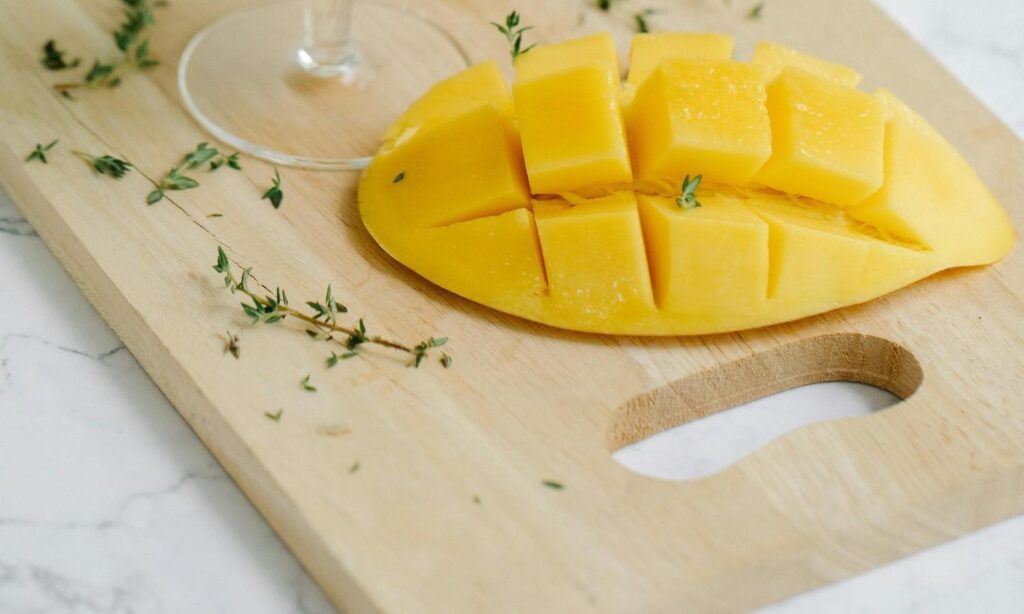Did you know Americans devour over 3 billion pounds of avocados annually? That creamy, green fruit has become a cultural juggernaut, with National Avocado Day on July 31 sparking celebrations from guacamole parties to Instagram-worthy toast. But this isn’t just about a trendy fruit—it’s a story of how avocados became a beacon of wellness and self-care. Let’s peel back the layers and explore why this day resonates so deeply.
From Humble Fruit to Superfood Stardom
Avocados weren’t always the darling of the produce aisle. Native to Central Mexico, they were a staple in Mesoamerican diets for centuries. By the 1980s, U.S. consumption was a modest 436 million pounds. Fast forward to 2023, and it’s soared to over 3 billion pounds, per Statista. Why the boom? It’s all about timing and perception.
Health-conscious consumers latched onto avocados’ nutrient-dense profile. Packed with monounsaturated fats, fiber, and vitamins like C, E, and K, they earned the “superfood” label. A 2022 study in the Journal of the American Heart Association linked eating two or more servings weekly to a lower risk of cardiovascular disease. Suddenly, avocados weren’t just food—they were medicine.
Marketing played a role too. The Hass Avocado Board’s campaigns in the 2000s framed avocados as a versatile, healthy choice. Social media amplified this, with influencers showcasing avocado toast as the ultimate wellness aesthetic. By 2017, avocado toast was a millennial meme, symbolizing both indulgence and health.
National Avocado Day: A Celebration Born of Culture
National Avocado Day, celebrated every July 31, isn’t an official holiday but feels like one. It started informally in the mid-2010s, driven by brands like Chipotle and avocado growers capitalizing on the fruit’s popularity. Restaurants offer free guac, and social media buzzes with #AvocadoDay posts. But it’s more than a marketing gimmick—it’s a moment to celebrate a food that’s become a lifestyle.
The day taps into our collective love for avocados’ versatility. From smoothies to skincare masks, avocados fit every wellness niche. In 2022, U.S. avocado retail sales hit $2.7 billion, a testament to their cultural grip. National Avocado Day channels this enthusiasm, inviting us to pause and appreciate a fruit that’s both indulgent and nourishing.
The Wellness Connection: Why Avocados Resonate
Avocados align perfectly with the wellness movement, which has grown into a $6.3 trillion industry by 2023, according to the Global Wellness Institute. Wellness isn’t just about physical health—it’s about feeling good holistically. Avocados check every box: they’re nutrient-rich, Instagramable, and tied to self-care rituals.
- Nutritional Powerhouse: A single avocado offers 41% of your daily folate and 56% of pantothenic acid, per Woman’s Hospital of Texas. These nutrients support everything from cell production to energy metabolism.
- Mental Health Boost: The monounsaturated fats in avocados may improve mood by supporting brain health. A 2021 study suggested healthy fats reduce inflammation linked to depression.
- Self-Care Aesthetic: Spreading avocado on toast or blending it into a smoothie feels like a small act of self-love, aligning with the 88% of Americans practicing self-care, per ASD Market Week.
This alignment with wellness makes avocados a symbol of intentional living. On National Avocado Day, whipping up a guacamole bowl isn’t just cooking—it’s a ritual of care.
Self-Care and Avocados: A Perfect Pair
Self-care, a $41.2 billion industry in 2023, is about intentional acts that nurture body and mind. Avocados fit this ethos effortlessly. Picture this: it’s a quiet Sunday morning, and you’re mashing avocado for a face mask while sipping a green smoothie. That’s self-care in action—simple, nourishing, and grounding.
Avocado oil, a rising star in the $652.7 million market, is a self-care staple. Its vitamin E and oleic acid make it a go-to for skincare, used in serums and lotions for hydration. A 2025 report from Fact.MR projects the avocado oil market will hit $1.1 billion by 2035, driven by demand for clean beauty products. On National Avocado Day, brands like Burt’s Bees highlight avocado-based products, tying them to wellness rituals.
Emotionally, avocados evoke comfort. “Food is one of the purest forms of self-care,” says Kat Odell, author of Unicorn Food. “Avocados’ creamy texture feels like a hug on a plate.” This emotional resonance makes National Avocado Day a celebration of small, meaningful moments.
The Social Media Effect: Avocados as a Cultural Icon
Scroll through Instagram, and you’ll see avocados everywhere—on toast, in bowls, even as latte art. Social media turned avocados into a visual shorthand for wellness. In 2018, Americans spent $900,000 monthly on avocado toast, per Well+Good. The #AvocadoToast hashtag has millions of posts, each a tiny ode to self-care.
This visual appeal fuels National Avocado Day’s popularity. Brands and influencers flood platforms with recipes and giveaways, creating a communal vibe. “Social media made avocados aspirational,” says food trend expert Kara Nielsen. “They’re not just food; they’re a lifestyle badge.” This digital momentum transforms July 31 into a global celebration of wellness.
Challenges and Criticisms: The Dark Side of the Avocado Craze
Avocados aren’t without controversy. Their popularity has environmental and economic impacts. In 2022, Mexico produced 2.5 million tons of avocados, but deforestation and water use raise concerns. A single avocado tree requires up to 50 gallons of water daily, straining resources in drought-prone regions.
Economically, avocados are pricey—78% of U.S. consumers in a 2022 survey called them “too expensive,” per Statista. This sparked the infamous avocado toast debate, with critics like Tim Gurner claiming millennials waste money on “frivolous” foods. Yet, for many, avocados are a worthy investment in health, not a symbol of excess.
National Avocado Day sidesteps these debates, focusing on celebration. But acknowledging these issues adds depth to the holiday, reminding us to consume mindfully.
Personal Stories: Avocados as a Wellness Ritual
I remember my first avocado toast. It was 2016, and I was burned out from work. A friend invited me over, and we spent an afternoon experimenting with avocado recipes. That simple act—mashing, seasoning, sharing—felt like a reset. It wasn’t just food; it was a moment of connection and care.
Others share similar stories. On X, users post about National Avocado Day as a chance to slow down. One user described making guacamole with their kids, calling it “a messy, joyful way to teach them about healthy eating.” These stories show how avocados weave into our lives as symbols of mindfulness.
How to Celebrate National Avocado Day with Intention
Want to make National Avocado Day meaningful? Here are some ideas to blend wellness and self-care into your celebration:
- Cook with Love: Try a new recipe, like avocado hummus or a cacao-avocado mousse. Cooking engages your senses and grounds you in the moment.
- Skincare Ritual: Mix avocado with honey for a DIY face mask. It’s a budget-friendly way to pamper yourself.
- Share the Joy: Host a guacamole-making party with friends. Community is a key pillar of self-care, per Psychology Today.
- Mindful Sourcing: Choose avocados from sustainable brands like Chosen Foods, which prioritize eco-friendly farming.
These acts turn National Avocado Day into a celebration of intentional living, not just a foodie trend.
Avocados and the Broader Wellness Movement
The rise of avocados mirrors broader wellness trends. The Global Wellness Institute projects the wellness economy will hit $9 trillion by 2028. Consumers crave products that align with holistic health—think turmeric shots, meditation apps, and yes, avocados. This shift reflects a cultural move toward prevention over cure.
Gen Z, in particular, drives this trend. A 2023 CivicScience poll found 20% of Gen Z uses wellness apps like Calm, and many incorporate avocados into their diets for health benefits. National Avocado Day amplifies this, offering a moment to reflect on how food shapes our well-being.
Why Avocado Day Matters
National Avocado Day isn’t just about a fruit—it’s a reminder to pause, nourish, and care for ourselves. In a world that’s overstressed and overscheduled, avocados offer a small, creamy escape. They’re a canvas for creativity, a boost for health, and a symbol of intentionality. So, on July 31, mash up some guac, share it with someone you love, or treat yourself to a solo avocado moment. How will you make this day your own?










